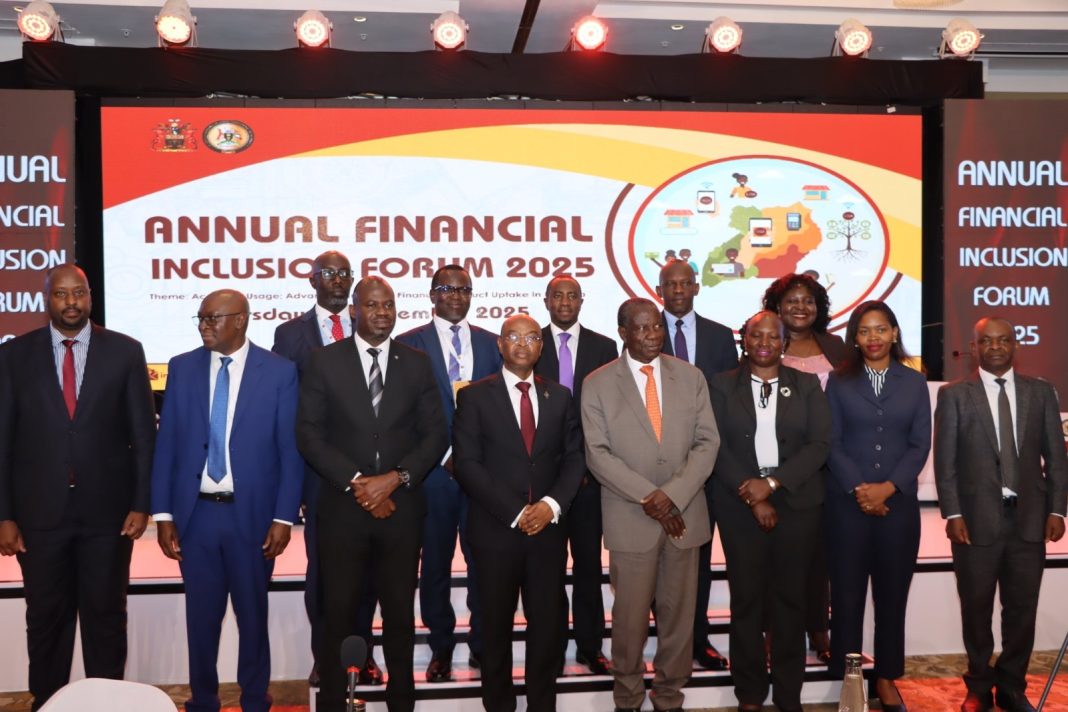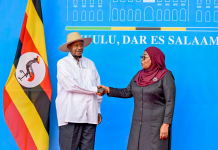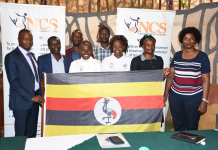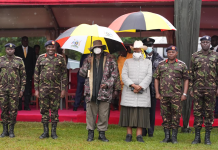By David Mwanje
73% of adults in Uganda are now accessing formal financial services, up from 66% in 2021. This was reveled by Bank of Uganda Deputy Governor Prof. Augustus Nuwagaba during the Financial Inclusion Forum held at Sheraton Hotel Kampala. However, he cautioned that while access has improved, many Ugandans are not yet using these services in ways that improve their lives.
The two-day forum, themed “Access to Usage: Advancing Inclusive Financial Product Uptake in Uganda,” brought together senior government officials, financial regulators, CEOs, development partners, fintech innovators, and civil society leaders. Prof. Nuwagaba described the event as more than a meeting, calling it “a collective mission to create a financial system that truly serves every Ugandan.”
He traced Uganda’s progress over the last two decades to innovations such as mobile money, the expansion of SACCOs, agency banking, and government initiatives like the Parish Development Model and Emyooga. These, he said, have helped millions join the formal financial system. But 27% of adults—mostly women, youth, farmers, refugees, and persons with disabilities—remain excluded.
“Financial inclusion is not just about opening an account or sending mobile money,” Nuwagaba said. “It is about empowerment, restoring dignity, and enabling people to fully participate in the economy.” He challenged the financial sector to design products that fit the daily realities of ordinary Ugandans and to build trust through transparency and consumer protection.
Nuwagaba highlighted mobile technology as a major enabler, citing data showing that 72% of Ugandans now own mobile phones. He praised ongoing government efforts to extend the National Backbone Infrastructure and e-Government network to remote areas like West Nile, Eastern Uganda, and Bundibugyo, saying it would connect more citizens to digital finance services.
Turning to the future, Nuwagaba emphasized the importance of green finance in addressing climate-related challenges that threaten livelihoods. He said Uganda’s new National Climate Finance Strategy and Green Financing Taxonomy are key tools for channeling investment toward renewable energy, sustainable agriculture, and resilient infrastructure. The Bank of Uganda and Uganda Bankers Association have also launched ESG (Environmental, Social, and Governance) guidelines to help financial institutions assess risks and support sustainability.
“Integrating green finance is not optional it is essential for a stable and inclusive economy,” he said, noting that sustainable investments can create jobs while protecting the environment.
However, Nuwagaba warned that the lack of trust remains one of the biggest threats to financial inclusion. Many Ugandans still avoid formal services because of hidden charges, poor digital literacy, or bad experiences with service failures. He urged providers to be transparent, fair, and quick to resolve customer complaints, emphasizing that trust is the foundation of financial growth.
The Deputy Governor also underscored the power of partnerships, crediting collaboration among regulators, innovators, communities, and donors for Uganda’s achievements so far. He quoted Queen Máxima of the Netherlands, the UN Secretary-General’s Special Advocate for Inclusive Finance: “Financial inclusion is not an end in itself, but a means to empower people and improve their lives.”
As Uganda’s economy is projected to grow by 6.2% in 2025, Nuwagaba said expanding financial inclusion beyond 80% by the end of the decade could inject billions into small businesses and rural enterprises. He urged participants to leave the forum with fresh determination to build “a financial system that is people-centered, technology-driven, and climate-smart.”























